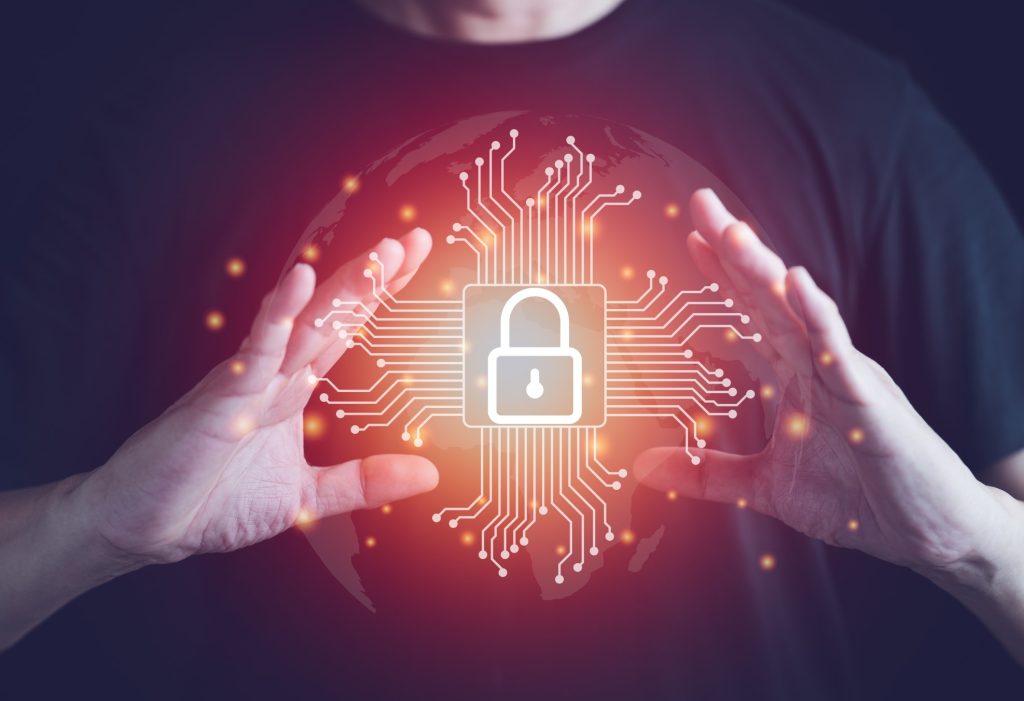In today’s digital age, the importance of cyber hygiene for personal security cannot be overstated. As we increasingly rely on technology for communication, shopping, banking, and even healthcare, the need to protect our personal information from cyber threats becomes ever more critical. Cyber hygiene refers to the practices and steps that users can take to maintain the health and security of their digital information. Just as personal hygiene is essential for physical health, cyber hygiene is crucial for safeguarding one’s digital life. One of the fundamental aspects of cyber hygiene is the use of strong, unique passwords. Passwords are often the first line of defense against unauthorized access to personal accounts and information. However, many people still use simple, easily guessable passwords or reuse the same password across multiple sites, making them vulnerable to cyberattacks. Implementing a password manager can help individuals generate and store complex passwords, reducing the risk of security breaches. Additionally, enabling two-factor authentication 2FA adds an extra layer of security, requiring not just a password but also a secondary form of verification, such as a text message code or a biometric scan.

Regular software updates are another critical component of cyber hygiene. Software developers frequently release updates to fix security vulnerabilities and enhance functionality. Failing to install these updates can leave devices and applications susceptible to malware and other cyber threats. By keeping operating systems, applications, and antivirus software up to date, individuals can protect themselves against known security flaws and improve their overall digital security posture. Awareness and education are also key to maintaining good cyber hygiene. Cybercriminals often exploit human error, using tactics such as phishing emails and social engineering to trick individuals into revealing sensitive information or installing malicious software. By staying informed about the latest cyber threats and learning how to recognize suspicious activities, individuals can better protect themselves. This includes being cautious about clicking on links or downloading attachments from unknown sources, and verifying the legitimacy of requests for personal information.
Secure data backup practices are equally important. Regularly backing up data ensures that even if a device is compromised by ransomware or other malicious attacks, important files and information can be restored. Utilizing cloud services or external storage devices for backups provides a safety net, allowing individuals to recover their data without paying ransoms or suffering permanent loss. Network Adored the Movie security measures also play a vital role in personal cyber hygiene. Using secure Wi-Fi connections, especially avoiding public Wi-Fi networks for sensitive transactions, can prevent unauthorized access to personal information. Employing a virtual private network VPN can add an extra layer of protection by encrypting internet traffic, making it harder for cybercriminals to intercept data. In conclusion, practicing good cyber hygiene is essential for personal security in an increasingly digital world. By adopting strong password practices, keeping software updated, staying informed about cyber threats, backing up data, and securing network connections, individuals can significantly reduce their risk of falling victim to cyberattacks. Just as we take steps to protect our physical health, we must also be diligent in safeguarding our digital lives, ensuring that our personal information remains secure in the face of evolving cyber threats.
